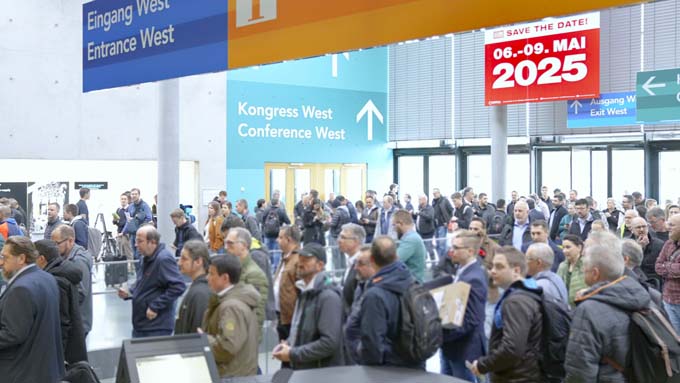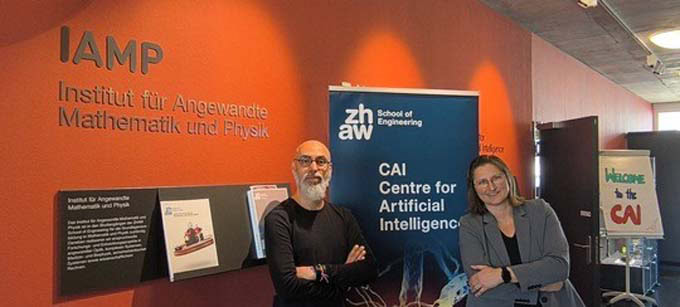Switzerland leads Europe in the use of AI in the workplace
In Michael Page's Talent Trends 2024, 32 percent of Swiss employees stated that they use artificial intelligence (AI) in their job. The European average is 23 percent. The use of AI was highest in the technology, business and financial services sectors.

These findings confirm the results of the Michael Page Candidate Pulse Study. In this study, over two thirds of employees (69 %) stated that they are convinced that AI will have a positive impact on their career. At the same time, 80 percent of employees want to learn more about AI in order to increase their productivity and adapt to new tasks.
Major differences in expectations on the part of employers and employees
Almost three out of five respondents believed that AI will influence their long-term career plans - the highest figure in Europe. The younger the employees, the more important they considered AI to be in shaping their career plans. The interest in learning more about AI in order to work more effectively in the future spanned all ages.
The study also shows that it is important for the acceptance of AI at work if employers talk openly about the planned use of AI and the possible effects. It is essential to address employees' concerns about the ethical use of AI, such as dealing with data protection and copyright issues. As the use of AI varies depending on the industry and type of job, employers must be able to demonstrate individually how AI can be beneficial in certain areas of the company and what benefits can be expected for employees.
"Our studies and daily interactions with candidates show that they expect employers to talk about what AI-driven tools are available in the company. However, many employers are not proactively addressing their companies' AI integration strategies, which leads to an expectation gap," says Yannick Coulange, Managing Director of Page Group Switzerland.
Managing expectations in terms of flexibility and salary is crucial
Reduced flexibility combined with wage dissatisfaction is one of the main reasons why almost 60 percent of employees in Switzerland are actively looking for a new job. This is also one of the main reasons for the increase in temporary and fixed-term employment contracts, which account for ten percent of all advertised jobs according to the Michael Page Swiss Job Index from April 2024.
The Talent Trends Study shows that flexibility and work-life balance are the decisive factors when choosing an employer. 69 percent of Swiss employees work hybrid. That is 17 percent more than the European average. More than a third (37 %) now spend more time in the office than a year ago, mainly due to changes in company policy. This limited flexibility has led to tensions between employees and employers, who are trying to reconcile the operational with the wishes of employees.
"Amidst global challenges such as high inflation, uncertain economies and rapid technological advances, the world of work remains in a state of flux. Our Talent Trend Report 2024 highlights the need to bridge the gap between employee expectations and employer needs in order to overcome these challenges. It is important to prioritize open dialogue and collaborative problem solving. By fostering a culture of mutual understanding and adaptability, both companies and their employees can thrive in this rapidly changing landscape," says Nicholas Kirk, CEO of PageGroup.
Source: www.michaelpage.ch









